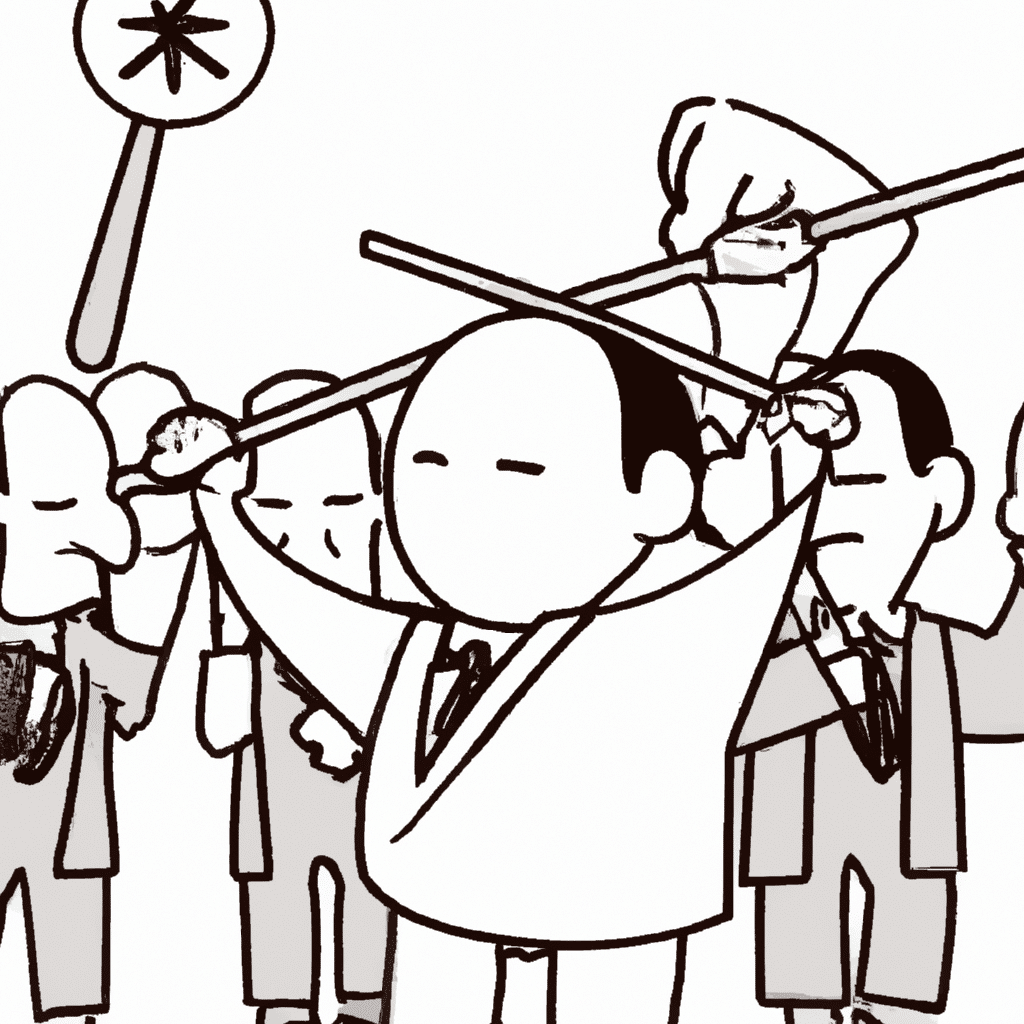When Japan was forced to sign unequal treaties in the nineteenth century, the government and the Japanese people responded with a resounding roar of protest and a determination to find a way out of these unfair agreements. Both the government and society were determined to establish a new kind of international relations that would not be based on domination and subjugation, and instead be founded on mutual respect and co-operation.
Reactions of Roar and Resolve: Japan’s Response to Unequal Treaties
The government of Japan was outraged when it was forced to sign unequal treaties in the nineteenth century. These agreements enabled foreign powers to impose a variety of unfair restrictions on Japan, including economic concessions, extraterritoriality, and unequal tariffs. The government refused to accept these restrictions, and instead issued a series of protests and counter-proposals that sought to amend the treaties to a more equitable format. However, their efforts proved to be in vain, and Japan was eventually forced to sign the agreements.
In response, the Japanese government dove into a period of modernization and reform that came to be known as the Meiji Restoration. During this time, Japan rapidly industrialized, modernized its military forces, and began to seek out new diplomatic relations with other nations. This helped Japan to regain its place on the international stage and allowed it to eventually negotiate more equitable agreements with foreign powers.
Finding Hope Amidst the Unfairness: Japanese Society’s Response
Despite the unfairness of the unequal treaties, the Japanese people refused to be subjugated by foreign powers. The Japanese public was outraged at the unfairness of the agreements, and a number of protest movements arose to oppose the treaties. Furthermore, many people began to seek out new forms of knowledge and technologies that would help Japan become a more powerful nation and make it less vulnerable to foreign domination.
The unequal treaties also inspired a new wave of creativity in Japan. A number of artistic works, such as the novels of Natsume Soseki, captured the frustration and determination of the Japanese people to overcome these unfair agreements. These works helped to inspire a new wave of patriotism and national pride that helped to unite the people in their struggle against foreign domination.
When Japan was forced to accept unequal treaties in the nineteenth century, the government and Japanese society responded with a roar of protest and a determination to find a way out of this unfair situation. Both the government and the public sought to establish a more equitable international order, and the period of modernization and reform that followed helped to restore Japan’s international standing and bring about a new wave of creativity and patriotism. Ultimately, these efforts helped Japan to eventually negotiate more equitable agreements with the foreign powers.
